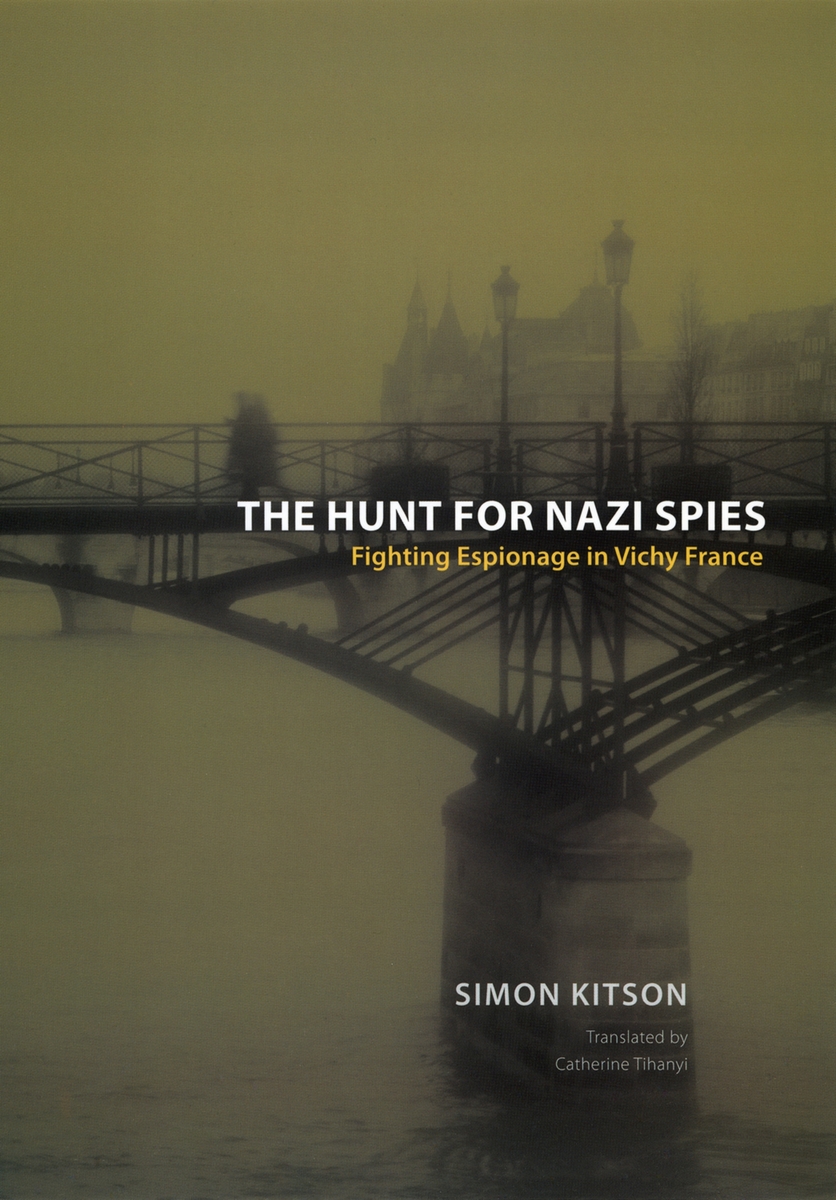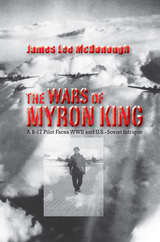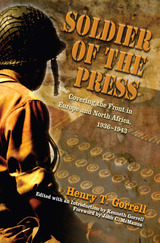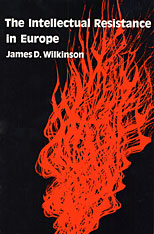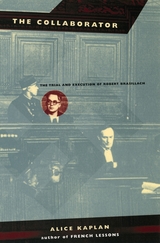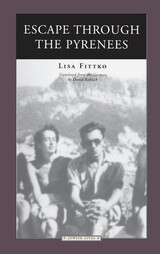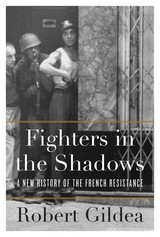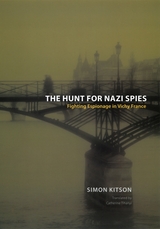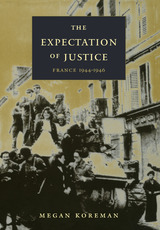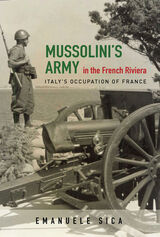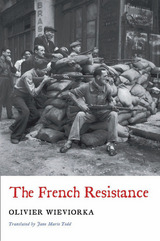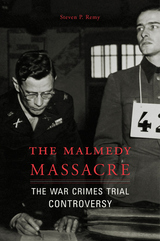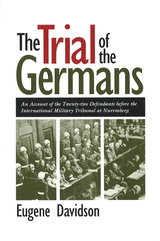The Hunt for Nazi Spies: Fighting Espionage in Vichy France
University of Chicago Press, 2007
Cloth: 978-0-226-43893-1 | eISBN: 978-0-226-43895-5
Library of Congress Classification D802.F8K5213 2008
Dewey Decimal Classification 940.548644
Cloth: 978-0-226-43893-1 | eISBN: 978-0-226-43895-5
Library of Congress Classification D802.F8K5213 2008
Dewey Decimal Classification 940.548644
ABOUT THIS BOOK | AUTHOR BIOGRAPHY | REVIEWS | TOC | REQUEST ACCESSIBLE FILE
ABOUT THIS BOOK
From 1940 to 1942, French secret agents arrested more than two thousand spies working for the Germans and executed several dozen of them—all despite the Vichy government’s declared collaboration with the Third Reich. A previously untold chapter in the history of World War II, this duplicitous activity is the gripping subject of The Hunt for Nazi Spies, a tautly narrated chronicle of the Vichy regime’s attempts to maintain sovereignty while supporting its Nazi occupiers.
Simon Kitson informs this remarkable story with findings from his investigation—the first by any historian—of thousands of Vichy documents seized in turn by the Nazis and the Soviets and returned to France only in the 1990s. His pioneering detective work uncovers a puzzling paradox: a French government that was hunting down left-wing activists and supporters of Charles de Gaulle’s Free French forces was also working to undermine the influence of German spies who were pursuing the same Gaullists and resisters. In light of this apparent contradiction, Kitson does not deny that Vichy France was committed to assisting the Nazi cause, but illuminates the complex agendas that characterized the collaboration and shows how it was possible to be both anti-German and anti-Gaullist.
Combining nuanced conclusions with dramatic accounts of the lives of spies on both sides, The Hunt for Nazi Spies adds an important new dimension to our understanding of the French predicament under German occupation and the shadowy world of World War II espionage.
Simon Kitson informs this remarkable story with findings from his investigation—the first by any historian—of thousands of Vichy documents seized in turn by the Nazis and the Soviets and returned to France only in the 1990s. His pioneering detective work uncovers a puzzling paradox: a French government that was hunting down left-wing activists and supporters of Charles de Gaulle’s Free French forces was also working to undermine the influence of German spies who were pursuing the same Gaullists and resisters. In light of this apparent contradiction, Kitson does not deny that Vichy France was committed to assisting the Nazi cause, but illuminates the complex agendas that characterized the collaboration and shows how it was possible to be both anti-German and anti-Gaullist.
Combining nuanced conclusions with dramatic accounts of the lives of spies on both sides, The Hunt for Nazi Spies adds an important new dimension to our understanding of the French predicament under German occupation and the shadowy world of World War II espionage.
See other books on: Collaborationists | German occupation, 1940-1945 | Secret service | Spies | Tihanyi, Catherine
See other titles from University of Chicago Press
